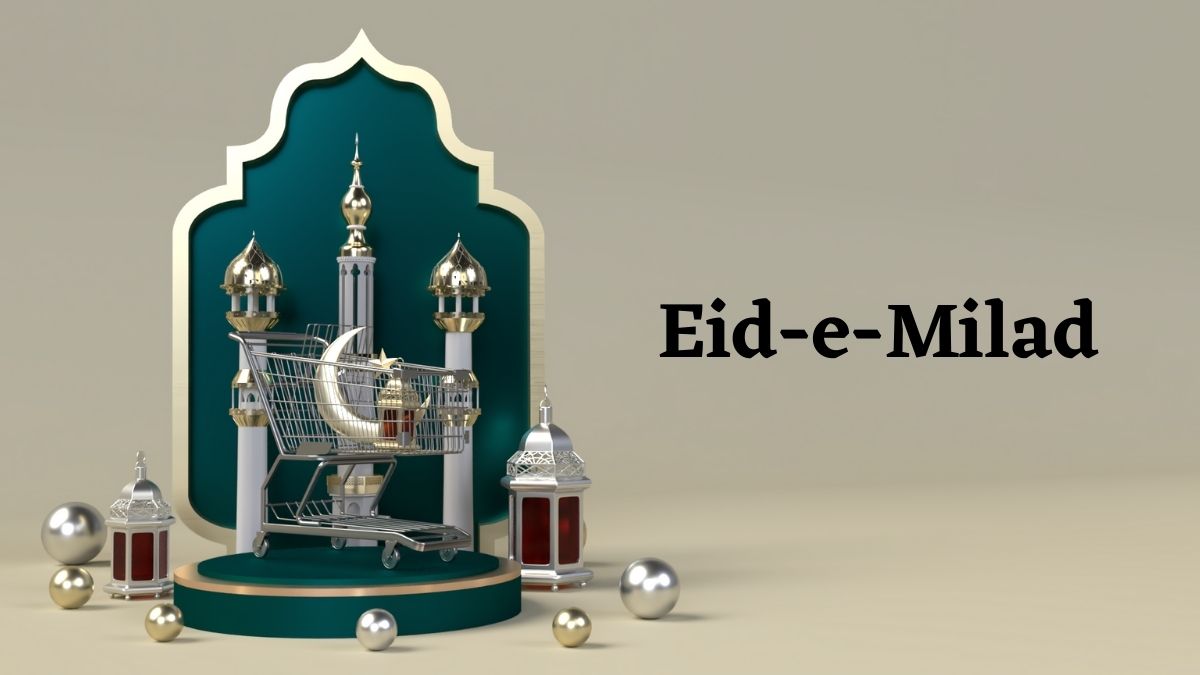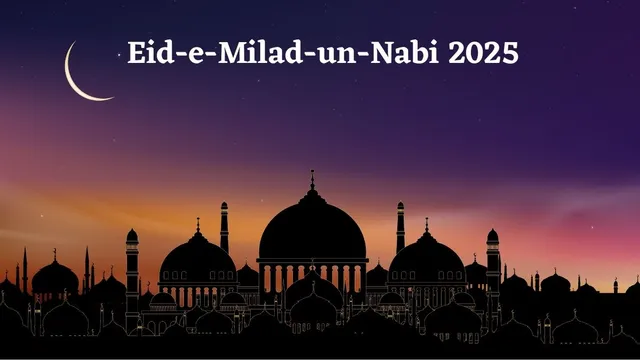- By Iram Hussain
- Thu, 04 Sep 2025 02:43 PM (IST)
- Source:JND
Eid Milad-un-Nabi is an important Islamic event as it marks the birth anniversary of the founder of Islam: Prophet Muhammad SAW. The festival is celebrated by all Muslims but is especially celebrated by Sufi and Barelvi Muslims. It takes place on the twelfth day of Rabi' al-Awwal, the third month of the Islamic lunar calendar. This year, Eid-e-Milad will be observed on September 5, 2025. There are many names for the festival, including Mawlid and Eid-e-Milad. Muslims around the world commemorate the day by thinking back on the teachings and life of the Prophet.
Eid-e-Milad-un-Nabi 2025: History And Significance
The tradition of celebrating the Prophet’s birth emerged around the 8th century, starting with gatherings dedicated to recounting his life and virtues. Egypt played a key role in popularising these celebrations, from where the custom spread across the Muslim world. The Fatimids were the first to formally mark the observance of the anniversary of the birth of the Prophet Muhammad SAW, a practice known as Mawlid that has its origins going back to the early period of Islam.
ALSO READ: Eid Milad-Un-Nabi 2024: Wishes, Messages, Quotes, Images, WhatsApp And Facebook Status To Share

Eid-e-Milad (Image Credits: Canva)
Today, Muslims across the globe commemorate Eid-e-Milad which celebrates the anniversary of the Prophet's birth and death. Eid-e-Milad is more than just a celebration of the Prophet's birth; it's a chance to reaffirm principles like justice, humility, honesty, and kindness. For those who believe and wish to reflect on their actions, his life serves as a guide. This day is also culturally significant. In many towns and cities across India, mosques are lit with lights, parades move through streets and children practice naat which is poetry praising the Prophet.
Eid-e-Milad-un-Nabi 2025: Rituals
1. The colourful strings of lights, flowers and banners create a celebratory atmosphere.
2. The sounds of devotional songs echo through the streets.
3. The congregation distributes food, provides alms and meals between neighbours are shared.
4. The mosques’ sermons, storytelling events and prayers develop social ties.

